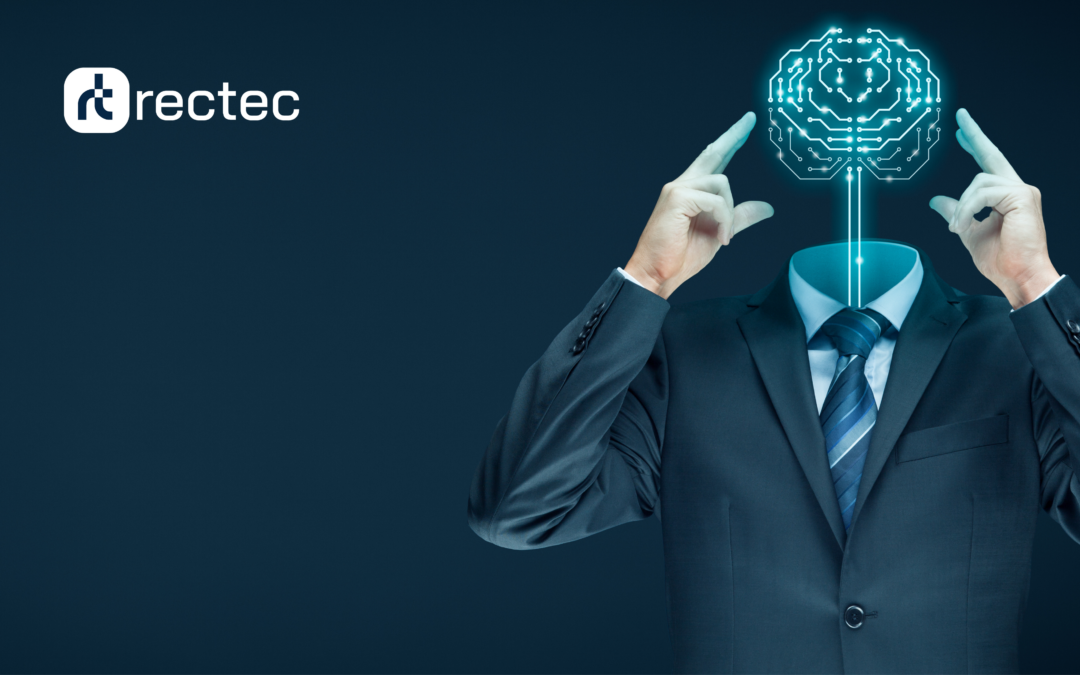We are fast approaching a technical horizon of unparalleled opportunity – a future where AI tools are seamlessly embedded into our day-to-day.
Since the launch of ChatGPT in the latter half of 2022, natural language processing and our understandings of it have catapulted online social conversation from “how will this affect me?” to “when will this affect me?”.
From content creators to videographers, security experts to VC funders, AI is clipping along as the great business game changer of the near future – but how does this affect recruiters, job seekers, consultants, and employers?
Rather than offer only our opinion, we thought we’d compile a list of some of the leading opinions on AI in HR, recruitment and work, to give a general overview of the state of business play as it is today, and where experts in the field believe the most impact will be felt in 2023 and beyond.
AI and Data.
The primary focus of most automotive and AI-based advances in recruitment has been around building more data-driven decision-making in hiring.
This includes AI innovations in everything from basic administration – form filling and chatbots for example – to more complex tasks like smart signatures, automated reference checking and more. But the reaches of AI and data collection, storage and analysis doesn’t stop there.
Some good reads about how AI is helping make data more visible and more usable include:
- AI Recruiting in 2023: The Definitive Guide – Phenom.
- The Benefits And Dangers Of Using AI In Recruitment – Forbes.
- The impact of AI on recruitment – AIHR.
- Stop Fearing AI and ‘Big Data’ in Recruiting – SHRM.
- How Artificial Intelligence is Impacting The Recruitment Sector – Hubert.
AI and HR.
AI, of course, isn’t just being used to leverage digital processing power over mundane tasks – it can also be used to improve HR cultures, staff development and HR functionality, from compensation strategy to due diligence and data security.
Some good reads on AI and HR can be found:
- What is the Role of AI in Human Resource Management? – Analytics Steps.
- The Business Case for AI in HR – IBM.
- Possible Applications of AI in HR – Hppy.
- The significance of AI in HR – People Matters.
AI and employer branding.
AI’s impact on the written word and data is one thing, but what about AI’s impact on less “tangible” assets, such as branding, visuals, marketing and the candidate experience?
How will perceptions of business and employer credibility, even the lengths to which candidates understand what is true and what isn’t, stand in the wake of AI growth?
The future is unknown, but some interesting reads on AI and EB include:
- Does Artificial Intelligence (AI) Enable Recruitment Improve Employer Branding? – IJBM.
- Artificial Intelligence & Employer Brand: The Possibilities Are Endless – The Martec.
- Employer branding: Impact of disruptive technology on this industry – First Post.
- Future of HR Technology and Employer Branding post-Corona Era – Orai.
AI and candidate relationship/candidate experience.
Will this new dawn of digital power overtake our long-standing analogue culture of relationship building between professionals, or will new tech simply augment the very human core of good recruitment practice?
Views on this are wide-ranging and very interesting:
- 10 Ways AI Improves Candidate Engagement During Recruiting – HolaSpirit.
- Candidate Experience in times of Artificial Intelligence – HubSpot.
- Using AI to enhance candidate experience in high volume hiring – via Research Gate.
- The Industrial Revolution for human intellect – Deloitte.
The Rectec View.
Whether we like it or not, a future where media, marketing, adverts, content, social feeds and entertainment are either created by or augmented by AI is coming, probably quicker than we all thought.
Entire industries – from programming to graphic design to copywriting – are changing as the sheer breadth of AI potential becomes known.
AI will impact recruitment. But we believe there will be limits:
- We feel there will be barriers to entry within the SME sector due to cost, scale and relevance (e.g. automation is widely used in mass hiring strategies, not single one-off hires).
- Only in very specific industries will candidates want to be vetted by AI – candidate comms, testing, initial communications, job marketing and even first-stage interviews are already largely remote and digital, and will increasingly be completed by AI. But the final call on whether one person will work for another will still be a human decision. Human oversight is essential for successful hiring.
- And, lastly, the lengths to which AI has access to open source information determines how effective it is. This will undoubtedly change in the future and AI will be given access to everything everywhere, but how will AI react to inherent biases in data sets, and how will it fix – rather than exacerbate – issues around bias, discrimination and lack of opportunity for workers? Can AI fix this long-standing critical issue with hiring, or should we be looking elsewhere?
In short, AI will transform the industry, but, at least initially, it won’t change people!
A quick, responsive process is what you need to attract and engage the best talent.
At Rectec we help organisations to find the best Applicant Tracking System or best Recruitment CRM to suit your needs, accompanied by our unique complementary technology marketplace, to help you build the perfect recruitment tech stack for your business.

